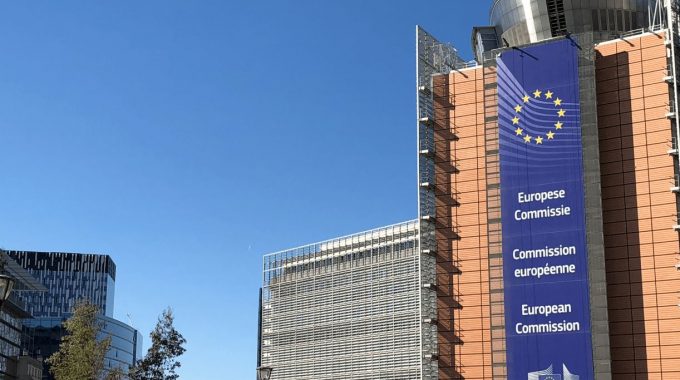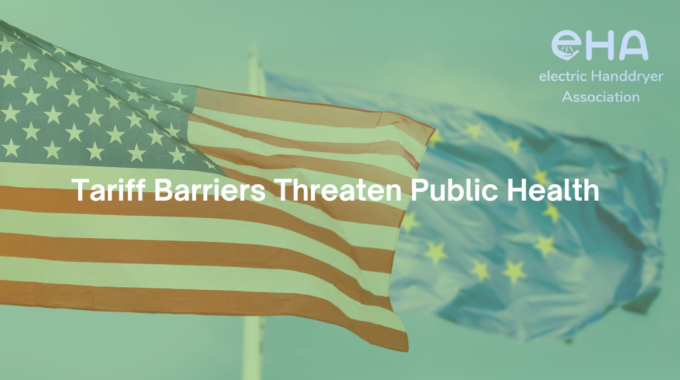New Global Trends in Commercial Restroom Design: Enhancing User Experience, Health, Sustainability and Savings.

Review and Revision of EED: Context of Product Use is Important
Until 9 February, eHA has taken part in the first step of consultation on Energy Efficiency Directive. “Since the beginning, Energy Efficiency targets and policies have been one of the cornerstones of the EU Energy and Climate policy. Energy efficiency is one of the five dimensions of the Energy Union and will continue playing a key role in delivering the 2030 energy and climate framework supported by the governance process under the Governance Regulation.” In these words, the EU-Commission has introduced the consulting process.
Next to the regular questionnaire we turned in, therer are Additional comments regarding the consultation on the review and the revision of Directive 2012/27/EU on Energy Efficiency the electric Handdryer Association (eHA) has been made.
The electric Hand Dryers Association (eHA), an international association comprising small and medium-sized electric hand dryer manufacturers, has actively contributed to an exercise under the current Energy Efficiency Directive, with the aim to establishing measures to reduce energy efficiency of electric hand dryers.
This experience has led eHA-members to the desire to highlight a number of important improvements for the future, and notably for the Directive’s revision. The eHA makes the following remarks against the backdrop that the hand dryer industry was the first industry to establish global standards with regards to products contained in the category relative to their testing and environmental effects throughout their life: energy efficiency is crucial and the eHA welcomes the focus of the European Commission on this important issue.
A significant weakness of the current Energy Efficiency Directive and derived measures is the rigorous focus on individual product categories. This focus risks development of a tunnel vision. Energy efficiency is taken out of context with the result that the regulation of a product may well lead to consumer choices favoring substitute products of a different type but used to the same effect, which use more energy in their production and may be more harmful to the environment. In the case of electric hand dryers, this is a realistic threat, because hand dryers can be and are substituted by paper towels. To elaborate this example: one ton of virgin paper towels consumes 17 trees, uses 75,8 m3 of water are consumed and polluted. To reprocess this water, a lot of energy is needed. Furthermore, this ton of paper produces more than 3 tons of CO2 emissions, and requires 12 m2 of landfill space. Paper towels are contaminated waste and therefore they all have to end up in landfill. In addition, life cycle analysis shows that the effects of felling raw materials, transportation, manufacturing, packaging, storage on a constant loop, significantly produces a lot of CO2 into the atmosphere.
In terms of establishing measures that result in actual energy efficiency gains, the context of product use therefore has to be taken into account, and how to achieve a consumer behaviour that helps achieve the desired effect. In the case of hand dryers and paper towels, this balance predominantly comes down to the question if regulatory measures can keep costs at a level that prevents consumers from substituting the product with another one for cost reasons. Especially in the current economic situation, products that require minimal investment are more in demand. Not all countries in the EU have the same purchasing power, nor do they value technology in the same way.
The consideration of contextual issues is already an element of the thinking behind the circular economy and cross-sectoral cooperation between Commission units. It is therefore vital that a contextual assessment of energy efficiency finds entry into the energy efficiency directive. The eHA wishes to contribute actively to this discussion and firmly stands by supporting the reduction and greening of energy usage.


